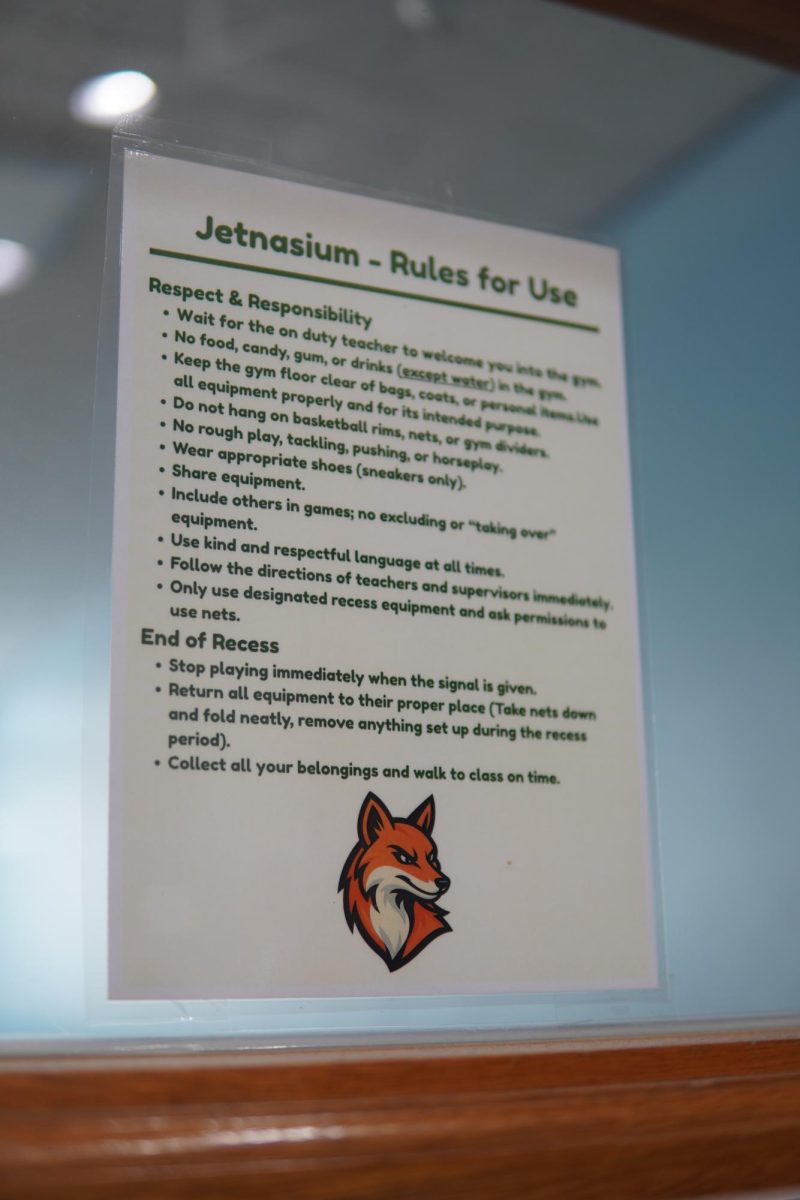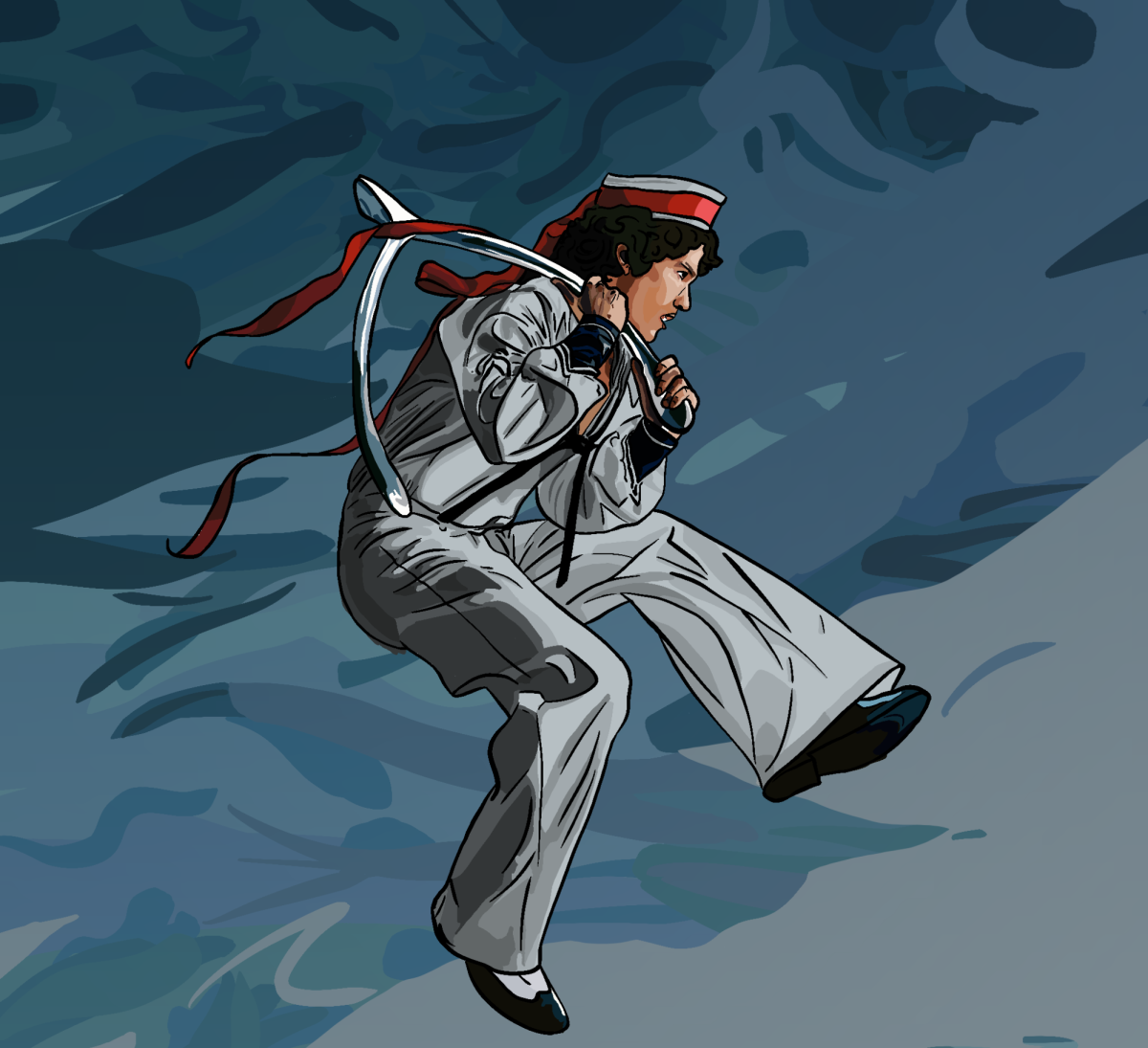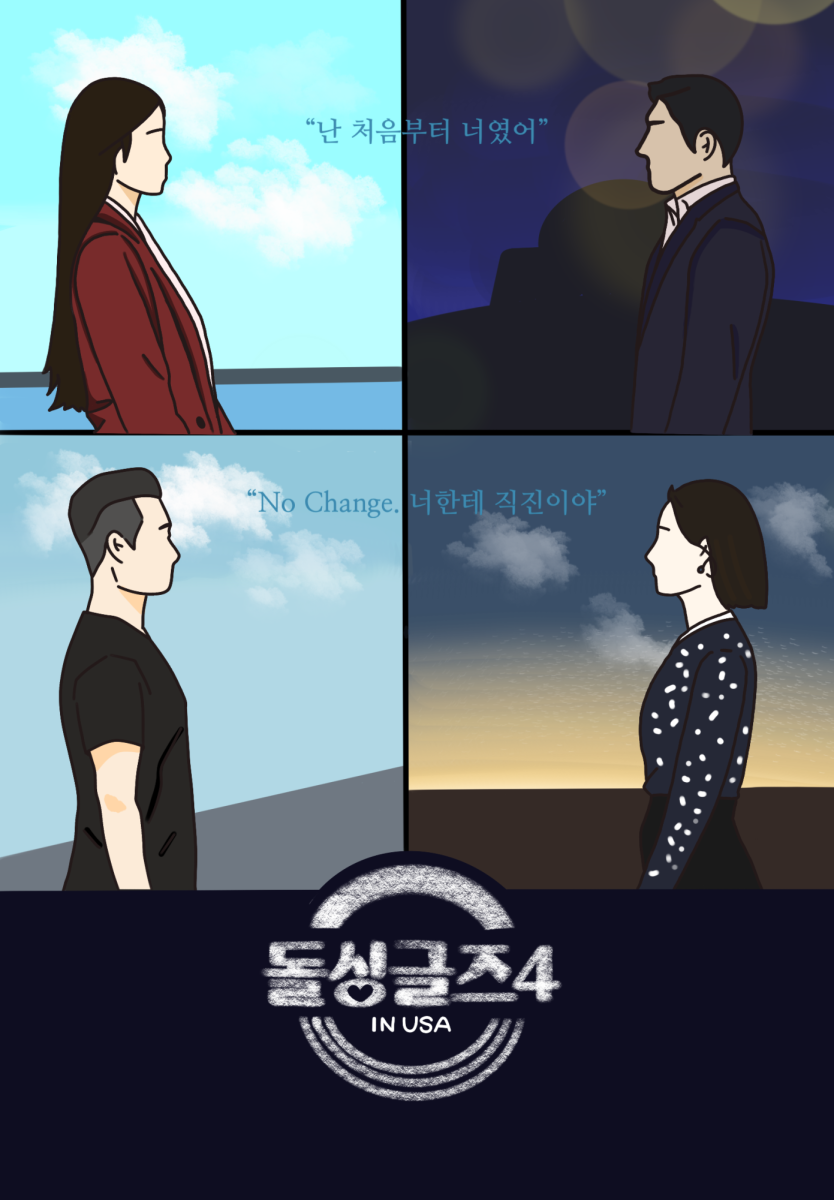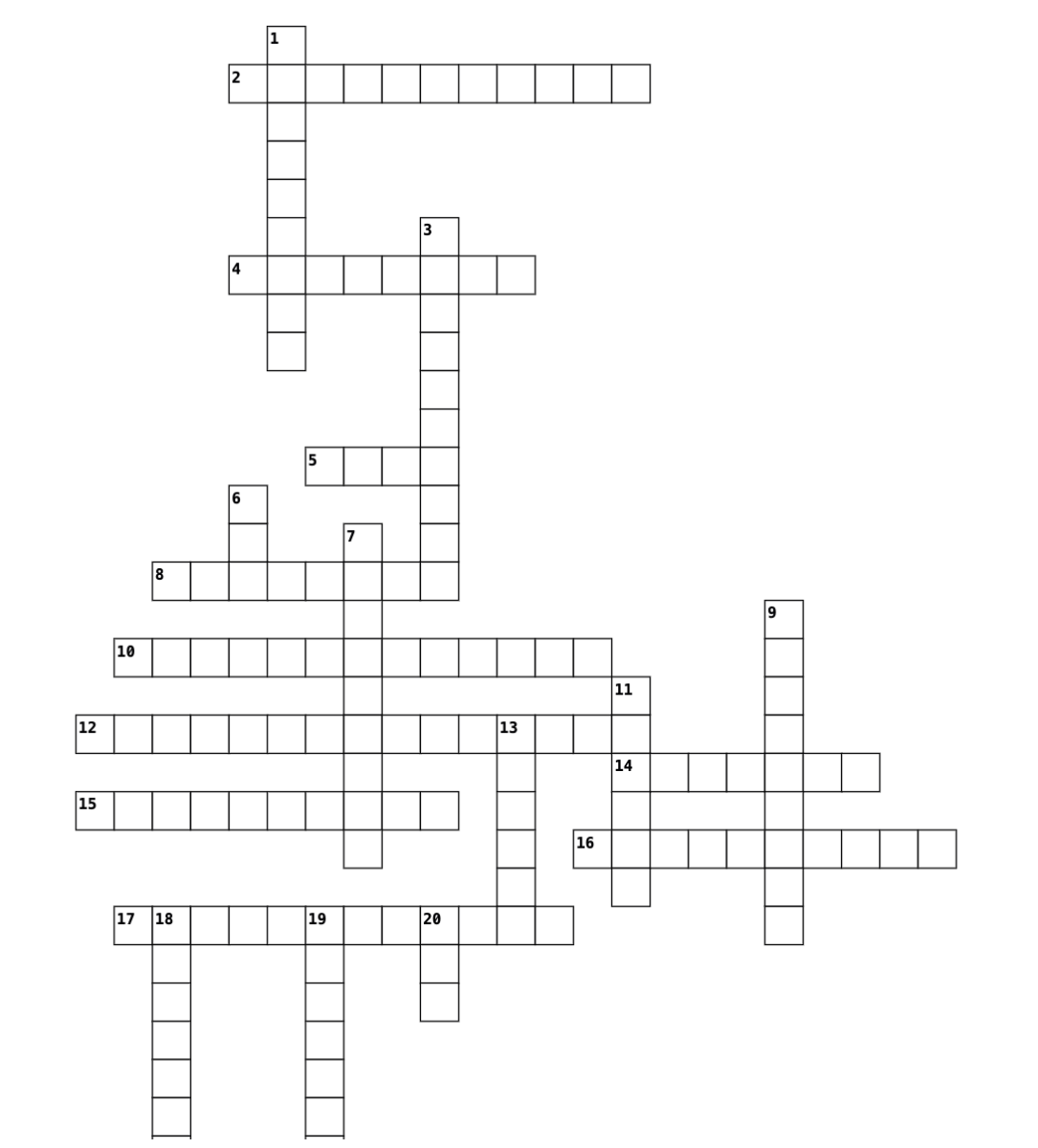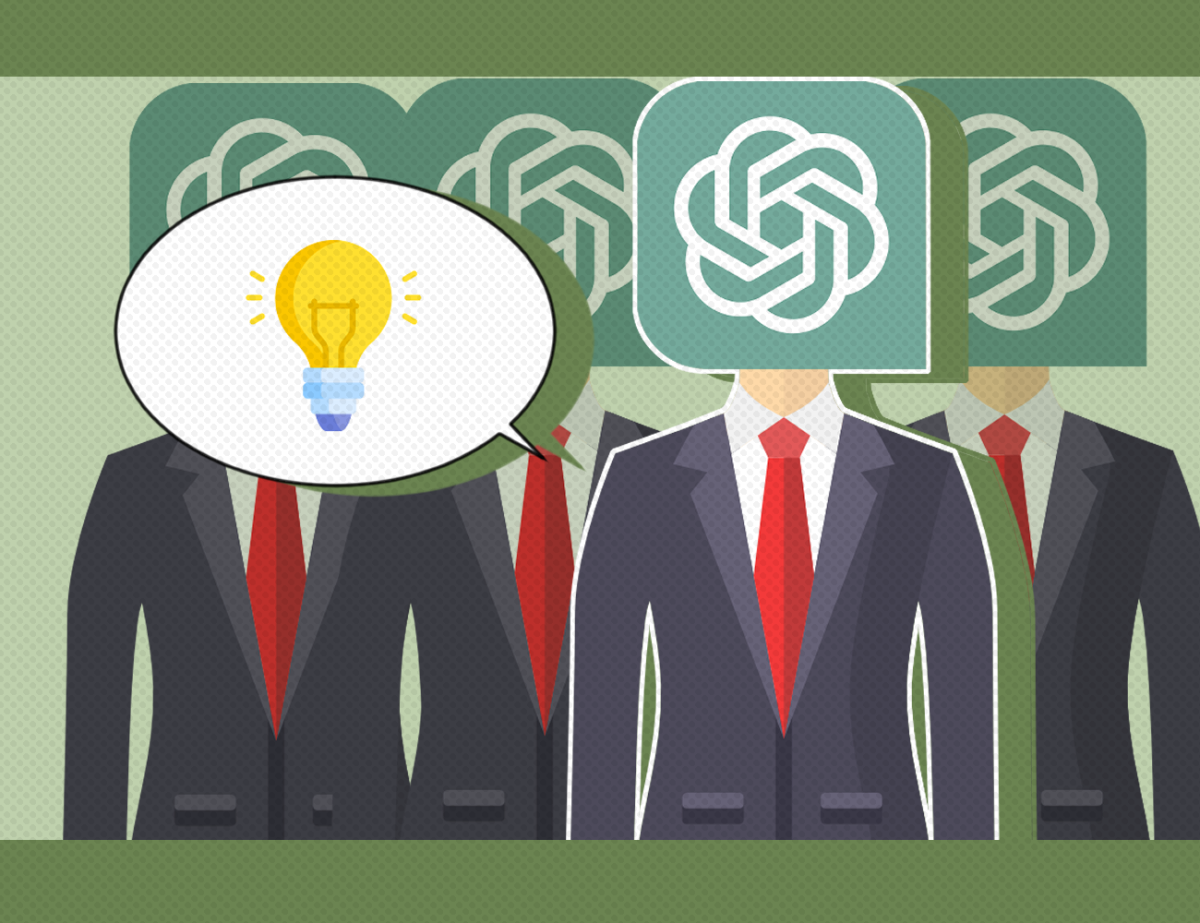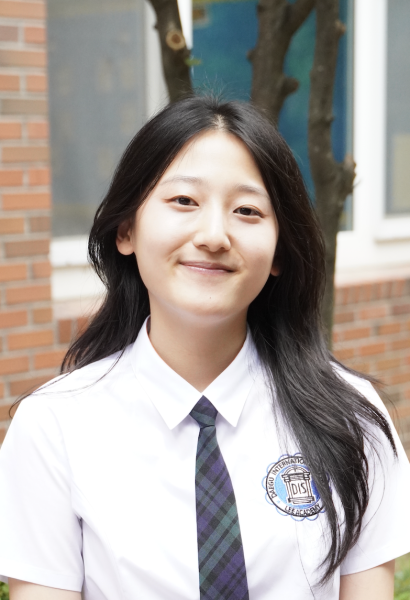Although ChatGPT raised eyebrows in its early days, it seeped into our daily lives in no time at all. With a new and improved service, it attracts more and more individuals each day, even stretching its scope of influence to schools and businesses. While some still believe that Artificial Intelligence holds little significance over our academic abilities and practices, others beg to differ.
Many schools, like DIS, implemented a new AI policy, but the rules remain vague. This innovation created a new challenge for educators, just like the introduction of calculators a few decades back, and academic standards still prevail to be malleable and open to discussion. While diverse opinions surround the issue, I refuse to believe that ChatGPT only lords a grim future over our heads— rather, it holds the potential to enhance our talents as young minds. Although AI engenders concerns about academic honesty, I think that students have the right to use such services within reason.
Ms. Brittany Loutsch, a secondary English teacher, said, “I think [Artificial Intelligence Use] policies are necessary to put in place for both teachers and students to have clarity on what the expectation is.” I thoroughly agree with this, for we must be aware of our own dependence on autonomous technology and academic honesty. Nevertheless, even with complications, alongside precautions and solid strategies, ChatGPT can be our new education assistant.
The Main Conflict Surrounding ChatGPT
I think dependency arises as the most dire problem of the constant use of AI. These programs condition students to skip over hard work instead of putting machine intelligence to good use as a tool. It makes learners lazy and unprepared for the real world. They will not learn anything, and that will show in their test scores.
Although I support the usage of AI at school, I cannot say DIS students never tried to cheat with ChatGPT or MLA citation bots. However, as the times change, it seems inevitable that we accept the global trend of our reliance on technology to avoid a fallback. Just as the elementary and middle school tech teacher, Mr. Richard Pierog, said, “Students are going to use ChatGPT and teachers and professors know they’re going to use it.”
If we can’t prevent it, we should embrace it. The official DIS policy states: Teachers will give clear expectations to students regarding the proper use of AI in each teacher’s classes. Therefore, if individuals willingly choose to ignore the boundaries of plagiarism, they must face the consequences the same way they would if they violated any other policy.
Do Not Always Believe ChatGPT
“AI can’t be trusted. Meaning, don’t think you can plug in and ask it to do something, and it’s going to give you an essay— it’s going to give you something that is ‘Oh that’s it! That’s gospel! I can take it and I can plug it in, and it’s good to go,’” said high school English teacher Mr. Philip Hinkle, who attended an AI workshop in the Philippines.
This certainly puts things into perspective, for the right usage of AI does not denote the sole reliance on it for research, but the utilization of it to further our studies. The false information it might spit out demonstrates how we must have prior knowledge of our topic of interest. Hopefully, this stirs the motivation in students on campus.
Plagiarism with Artificial Intelligence
“The code that [Artificial Intelligence] puts out could easily be written by somebody,” said computer science instructor Mr. Steven Gall. Just as he described, the development of AI over time makes the detection of plagiarism more difficult. This takes a toll on teachers on the lookout for potential cheating, as shown through research on the increase in the rate of academic dishonesty earlier in the year. Due to the sensitivity of the issue, the DIS policy mentions the importance of teacher-student communication.
Much like many teachers agreed, artificial intelligence resembles the early days of Google. The advent of a revolutionary search engine worried many educators, but eventually, they integrated it into their classrooms for everyday use. Now, some teachers choose to use the Internet extensively in their curricula. “It’s the future of research,” said Hinkle when asked about the program. I completely agree. Evidence suggests that whether good or bad, AI will entirely change our world in the next couple of years.
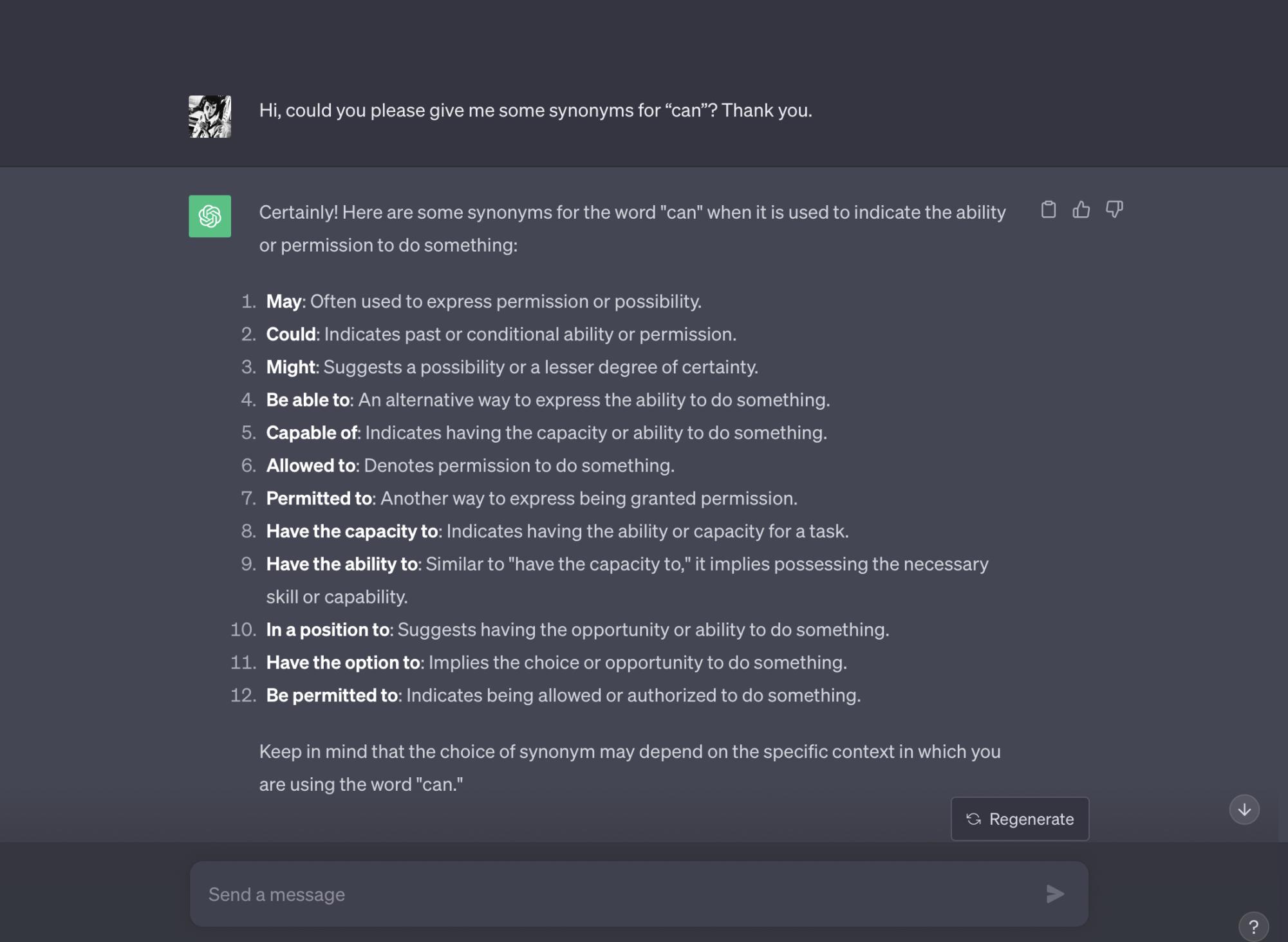
How can DIS Localize this Concept?
At DIS, AI can act as a peer editor or teacher and help you perfect an essay for an English class or articles in journalism. The main difference between proper and improper use lies in how the student handles the AI’s advice and whether or not they make the conscious decision to use the information they receive. Therefore, these bots actually help broaden our perspectives at its best.
Bolt Yi, a senior, said, “You can learn a lot more from AI, and as we go on through the developing ages, I think we need to embrace technology and not just push it away.” If we want to move forward, change needs to happen. AI can act as a double-edged sword and hinder our progress if used inappropriately. Do not use ChatGPT as a crutch but rather utilize it for inspiration and suggestions. All in all, you need to know where the line between plagiarism and inspiration lies.






